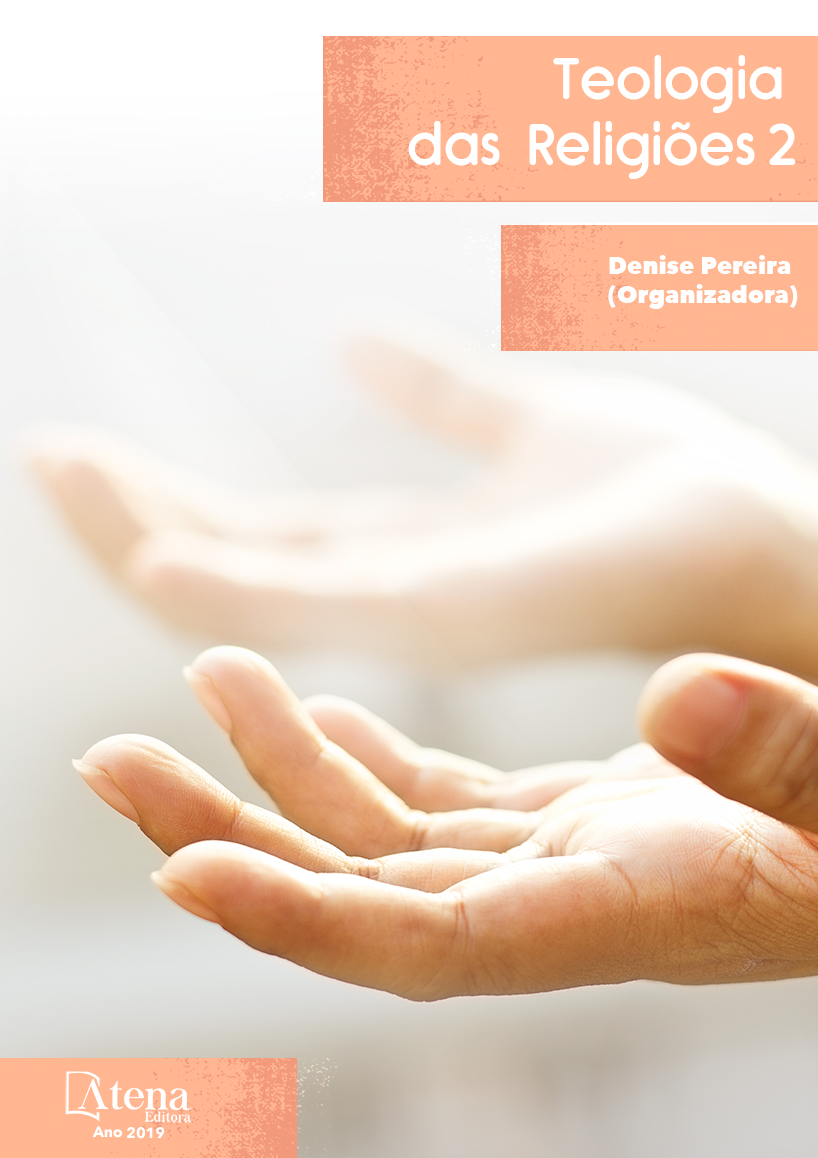
CATOLICISMO POPULAR: A FESTA DO DIVINO ESPÍRITO SANTO NO MUNICÍPIO DE MONTE DO CARMO-TOCANTINS
Entre as diversas formas de viver
concretamente o catolicismo, está o catolicismo
popular e suas expressões, trazido ao Brasil
através dos portugueses pobres e se estabelece
principalmente nas zonas rurais, marcado pela
sua porosidade em função da relação entre
os índios destribalizados, os colonos pobres,
os ex-escravos e todos os tipos de mestiços.
O elemento central da vivencia popular do
catolicismo é o santo, cuja concepção popular
vai além da noção pregada pela Igreja. Em Monte
do Carmo, Tocantins, a Festa do Divino Espírito
Santo é uma destas vivências e manifestações
ritualísticas e simbólicas no espaço sagrado da
cidade, construído no entorno na Igreja Nossa
Senhora do Carmo. O objetivo desta pesquisa
é evidenciar o quanto o catolicismo clerical
se utiliza das manifestações populares para
manter seu poder territorial e seus devotos.
Definimos a pesquisa participante em todos
os momentos da organização da festa como
estratégia metodológica como forma de permitir
a interação com todos os atores envolvidos.
Através da Festa o catolicismo, seja como
uma experiência com o sagrado ou através do
simbolismo místico, se expressa ou se objetiva
pelo que foi experimentado e vivido pelos
fieis e devotos. A Festa é uma das diversas
celebrações que a população cultiva anualmente
e que simbolizam espiritualmente a vivência do
trabalho, da religiosidade, do entretenimento
e da vida cotidiana que mantém fortes traços
de africanidade e este é um aspecto que nos
atraiu nessa manifestação religiosa, pois não
se perderam no tempo, mas adquiriam novos
significados locais.
CATOLICISMO POPULAR: A FESTA DO DIVINO ESPÍRITO SANTO NO MUNICÍPIO DE MONTE DO CARMO-TOCANTINS
-
DOI: 10.22533/at.ed.86619070612
-
Palavras-chave: Catolicismo Popular, Festas Religiosas, Divino Espírito Santo.
-
Keywords: Popular Catholicism, Religious Parties, Sacred Space.
-
Abstract:
Among the various forms
of concrete Catholicism, there is popular
Catholicism and its expressions, brought
to Brazil through the poor Portuguese and
established mainly in rural areas, marked by its
porosity in relation to the relationship between
the detribalized Indians, the poor settlers, the
ex-slaves and all kinds of mestizos. The central
element of the popular experience of Catholicism
is the saint, whose popular conception goes
beyond the notion preached by the Church. In
Monte do Carmo, Tocantins, the Party of the
Divine Holy Spirit is one of these ritualistic and
symbolic experiences and manifestations in the
sacred space of the city, built around the Nossa
Senhora do Carmo Church. The purpose of this
article is to understand the construction of the
sacred space from the Party and its multiple dimensions. We define participant research
in all moments of the party organization as a methodological strategy and as a way to
allow interaction with all the actors involved. Throughout the Party, Catholicism, either
as an experience with the sacred or through mystical symbolism, expresses itself or
is objectified by what has been experienced and lived by believers and devotees. The
Party is one of the many celebrations that the population cultivates annually and that
symbolize spiritually the experience of the work, the religiosity, the entertainment and
the daily life that maintains strong traits of africanity and this is an aspect that attracted
us in this religious manifestation, since it does not lost in time, but acquired new local
meanings.
-
Número de páginas: 15
- Valdir Aquino Zitzke


